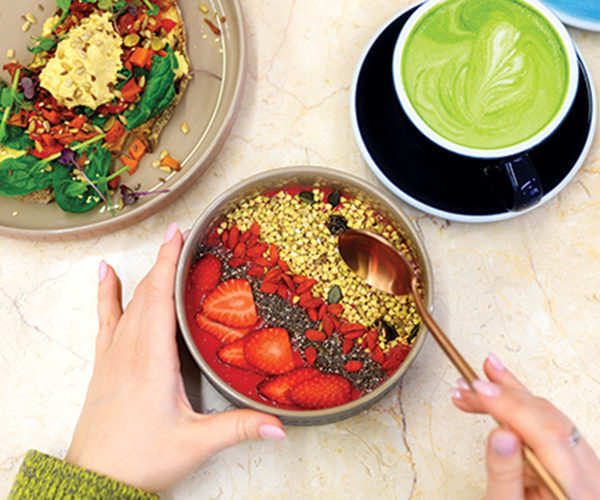Bullying is something we all know too well. And unfortunately preteens and teenagers today are still dealing with it. But just because bullying is old news, it doesn’t meant there aren’t new ways to prevent it. Dr. Laura Rocker, a psychiatrist at Akron Children’s Hospital, gives insight on what parents can do to strengthen certain traits and habits in children that can help them become bully proof as well as avoid becoming bullies themselves.
Develop empathy: To help children avoid being a bully, make sure they have strong compassion for others, which can be strengthened through good communication with their parents. “It’s something that children learn through invitation and through experiencing it,” says Rocker. A good way to do this is to make sure to comment on stories of bullying as they come up and use examples of ways people can treat each other better. “If you’re watching TV with your child and there’s a situation where someone is being bullied, ask what the kid thinks of that,” she says.
Have confidence: Resiliency is important when it comes to bullying, because it allows a child to bounce back after dealing with discomfort. Parents can do this by increasing a child’s confidence through healthy activities such as community sports and mentor-like relationships. “Help them have a good relationship with at least one adult because it gives children another way of being able to see themselves,” Rocker says. “It’s very helpful to have other people in your life who matter to you who might see you differently than the rest of your eighth-grade cohorts.”
Be social: Developing healthy friendships and relationships can become crucial, especially as kids enter early adolescence. If kids don’t have good friend groups, this can easily lead to kids bullying each other. One thing Rocker recommends is having parents get to know their children’s friends and families. “It’s important for children to see their whole family and their parents as part of the social world and the community they live in,” says Rocker. “Then they begin to feel a part of the community.”




